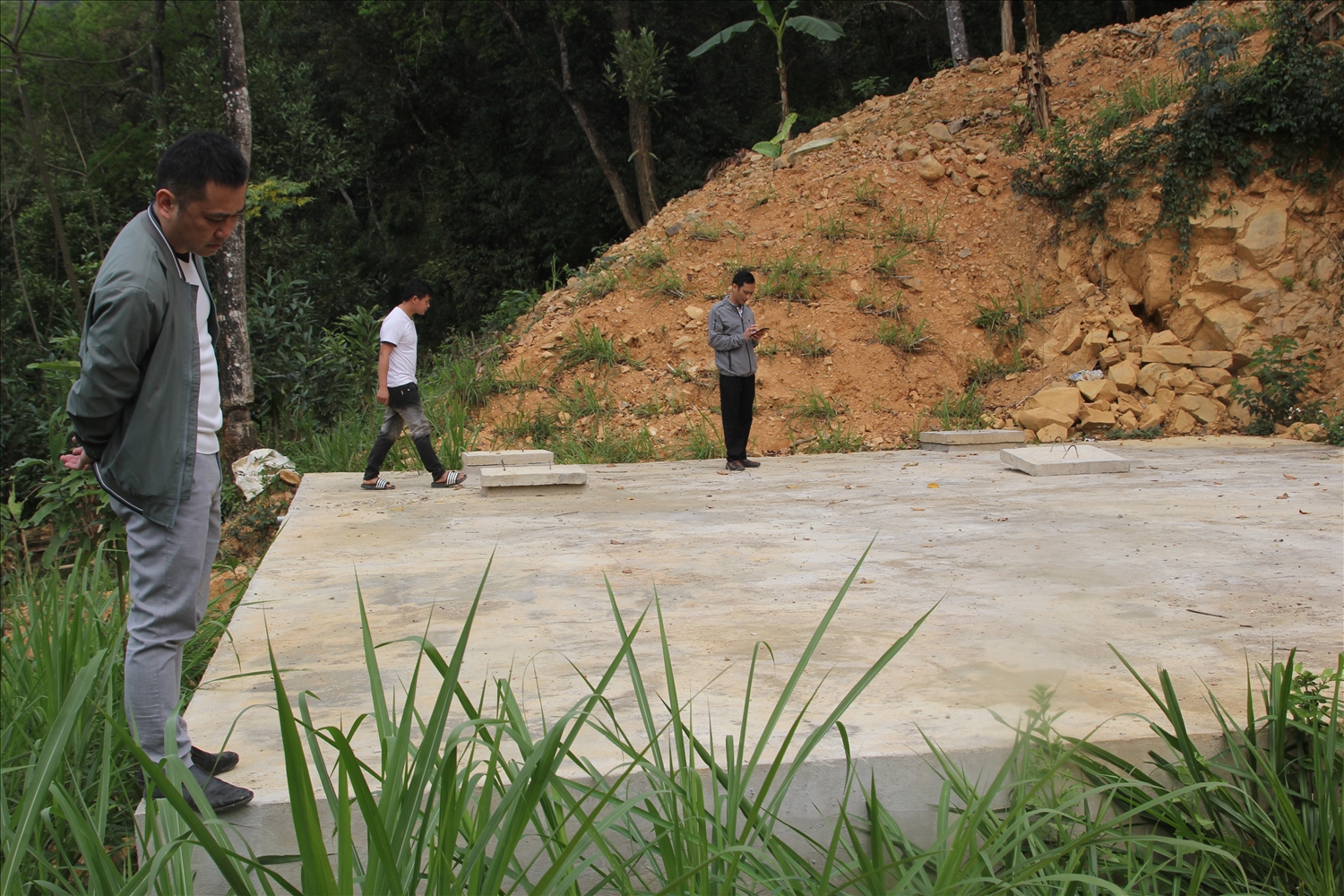
Compared with the National Target Programs on New Rural Development and Sustainable Poverty Reduction, the National Target Program 1719 has its own characteristics, not only promoting socio-economic development, but also integrating effective ethnic policies and adding some new policies.
The program includes 10 projects that integrate most of the ethnic policies of the previous period, involving many fields and expertise of different ministries and branches, so coordination and collaboration in management and implementation is very complicated.
To effectively implement the Projects, the Ethnic Committee, as the standing agency of the program, has assigned the task of advising on project and sub-project management under the Program managed by the Ethnic Committee to the departments and affiliated units; regularly grasps the situation and discusses difficulties and obstacles in the implementation process at the local level through inspection, assessment and supervision activities.
Up to now, the Committee for Ethnic Minorities has completed the implementation of training to improve the capacity of communities and officials at all levels in the management and implementation of the National Target Program for Ethnic Minorities and Mountainous Areas in 05 regions across the country. Localities have proactively trained and improved the capacity of communities and officials implementing the National Target Program for Socio-Economic Development in Ethnic Minorities and Mountainous Areas at all levels.
However, because the National Target Program 1719 is a large program that integrates many programs and policies. This is the first time the program has been implemented, in addition to difficulties in policy mechanisms, the implementation of the program in many localities is also confusing.
Specifically, regarding the organizational apparatus for managing and directing the implementation of the National Target Program 1719, the direction and operation model between the Central and local levels is not yet synchronized. At the Central level, the standing agency is assigned to the Ethnic Committee, at the provincial level, it is assigned to the ethnic affairs agency, but at the district level, many localities do not have an Ethnic Affairs Department such as Bac Kan and Lang Son provinces...
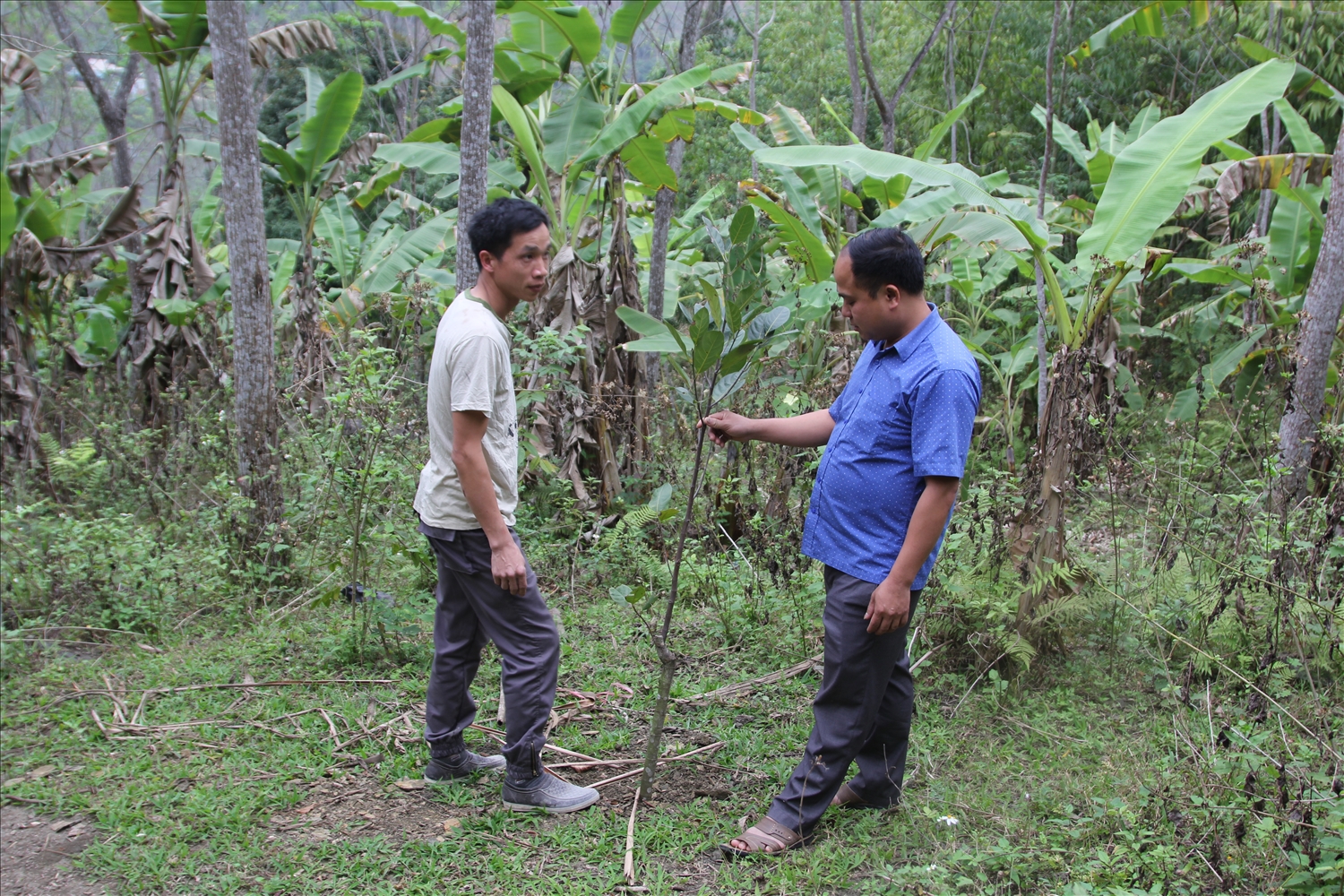
As in Lang Son, implementing Resolution No. 18-NQ/TW dated October 25, 2017 of the 12th Party Central Committee on continuing to innovate and reorganize the entire political system to be streamlined and operate effectively and efficiently, the Ethnic Affairs Department of the districts has merged into the Department of Labor, War Invalids and Social Affairs since 2018, now the Department of Labor, War Invalids and Social Affairs - Ethnic Affairs. In which, 02 civil servants are assigned to do ethnic work, including 01 deputy head of the department and 01 specialist. For the commune level, most of the cultural and social civil servants are assigned to concurrently do ethnic work.
According to Mr. Vi Minh Tu, Head of the Ethnic Minorities Committee of Lang Son province, the capacity of cadres working on ethnic affairs in some particularly difficult communes has not yet met the requirements of the task. The number of cadres and civil servants assigned to be in charge of, deploying and implementing ethnic affairs at the district level has not been guaranteed, affecting the progress of organization and implementation.
Through the inspection and supervision work of the National Assembly as well as from the practical understanding of the situation in localities, it can be seen that, besides the positive results achieved, there are still difficulties and obstacles that need to be further resolved.
In addition to the difficulties in mechanisms and policies, the reason is that the awareness of some cadres and party members about the content, objectives, significance and responsibilities is still low. The capacity of cadres, program management, and responsibilities of some agencies, ministries, branches and localities have not yet met the requirements, there is a situation of pushing, avoiding and lacking responsibility of some cadres and civil servants in performing public duties.
To resolve difficulties and obstacles at the recent Fifth Extraordinary Session, the National Assembly issued Resolution No. 111/2024/QH15 on a number of specific mechanisms and policies for implementing national target programs, with 8 specific policies to resolve mechanisms, promote decentralization and delegation of authority so that localities can proactively adjust capital, lists of projects and policies that are no longer eligible, or are difficult to disburse to other projects and policies, contributing to more effective implementation of programs and projects.
According to Vice Chairwoman of the National Assembly's Ethnic Council Cao Thi Xuan, in order to overcome the shortcomings and limitations in this period, it is necessary to closely follow the Party's direction in Conclusion No. 65-KL/TW of the Politburo on ethnic work in the new situation, and continue to fully implement and deploy the viewpoints, goals and contents of Resolution 88 and Resolution 120 issued by the 14th National Assembly.
According to Ms. Cao Thi Xuan, it is necessary to have a careful survey to design appropriate policies, avoiding situations where they are difficult to implement when issued. Prioritize resources and have appropriate solutions for groups of policies related to direct investment in people such as: Improving the quality of human resources, education and training... This group is characterized by being the most difficult to implement, but brings quick results, directly affecting the economic and social life of the people.
Source





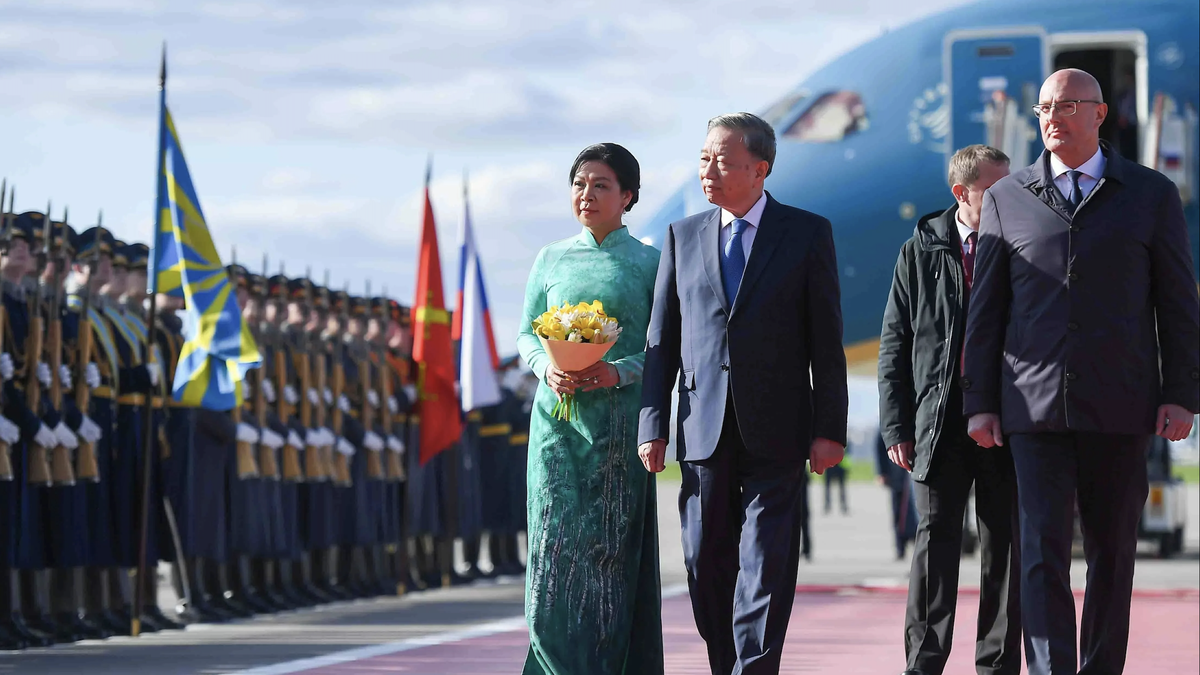
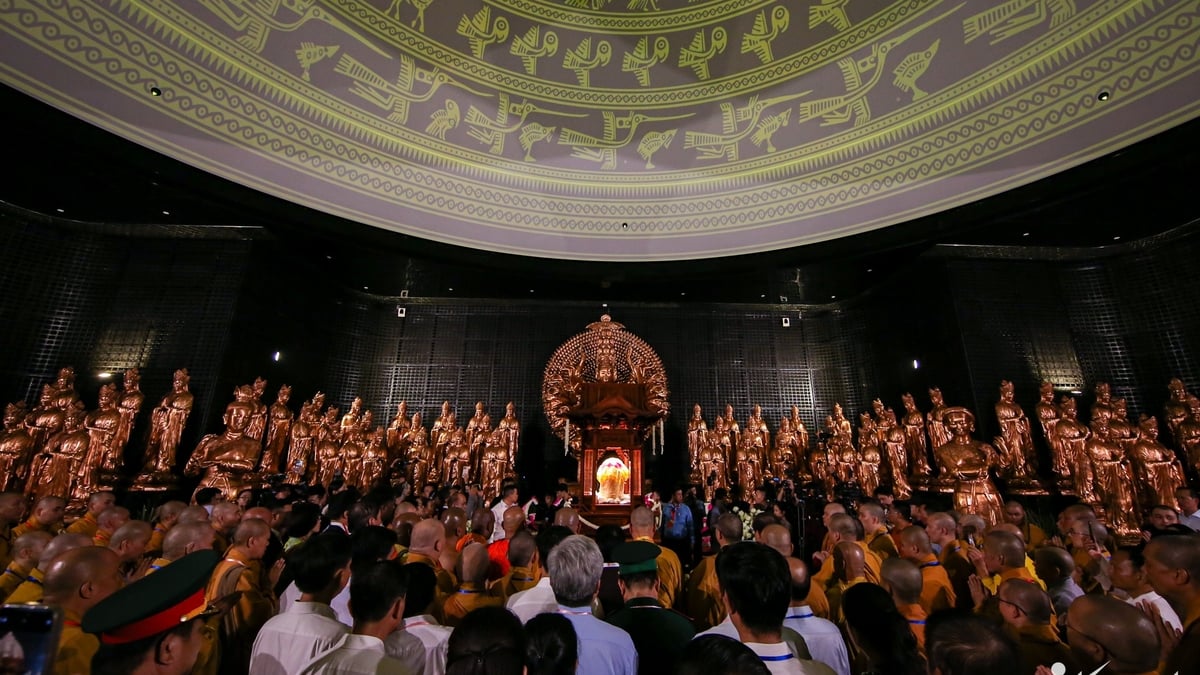





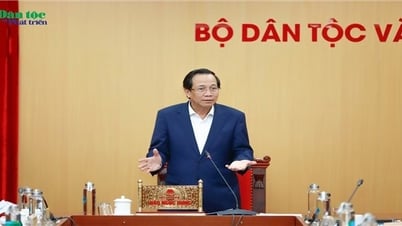





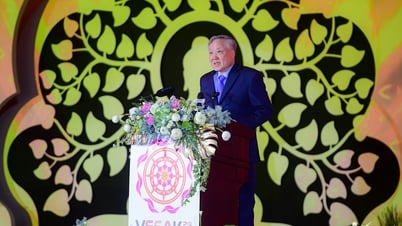








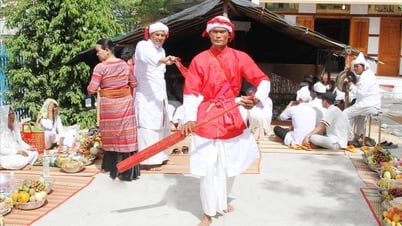


![[Photo] General Secretary To Lam begins official visit to Russia and attends the 80th Anniversary of Victory over Fascism](https://vphoto.vietnam.vn/thumb/1200x675/vietnam/resource/IMAGE/2025/5/8/5d2566d7f67d4a1e9b88bc677831ec9d)





















































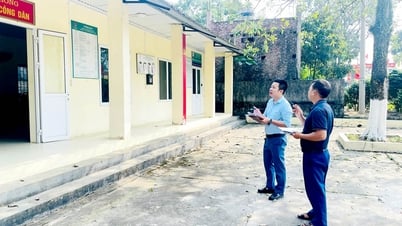




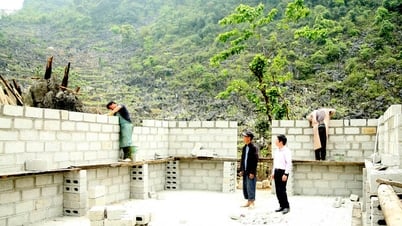











Comment (0)